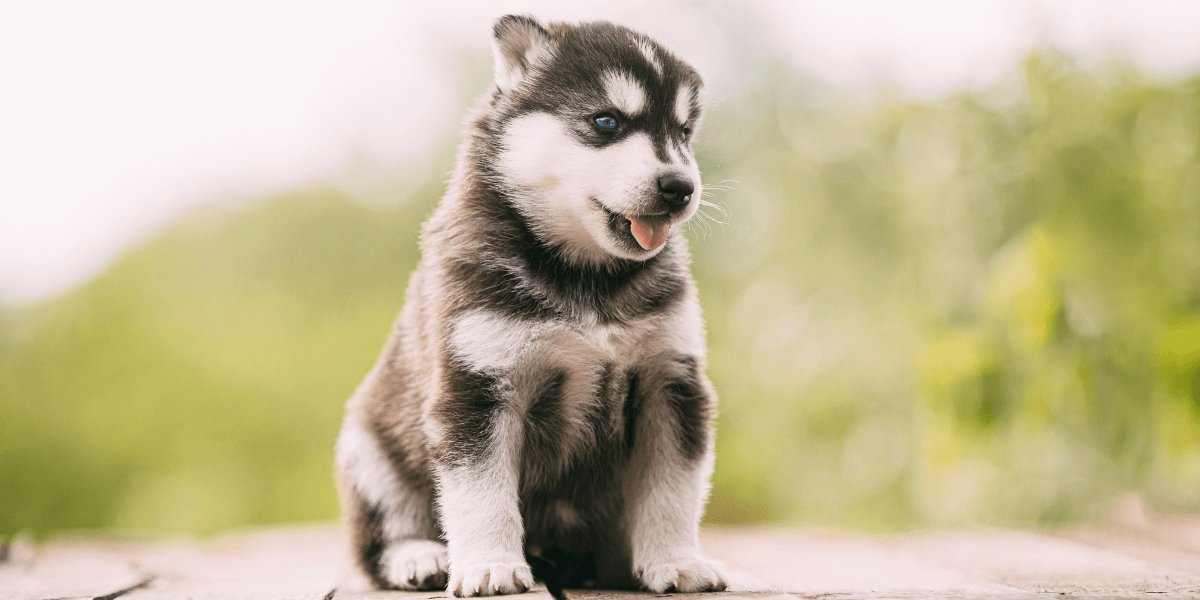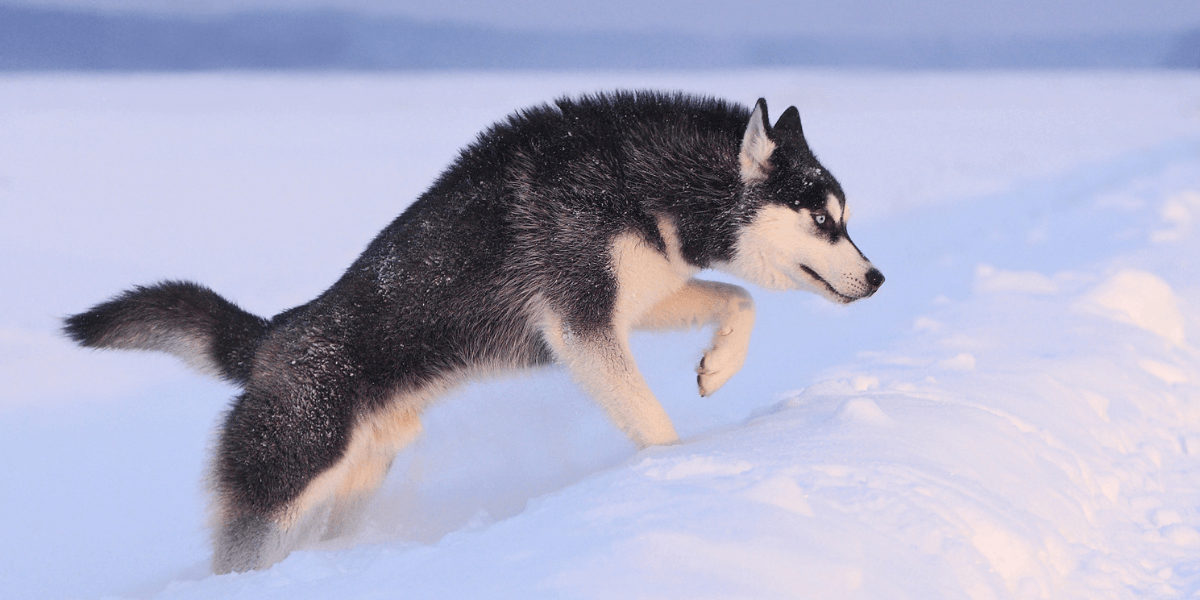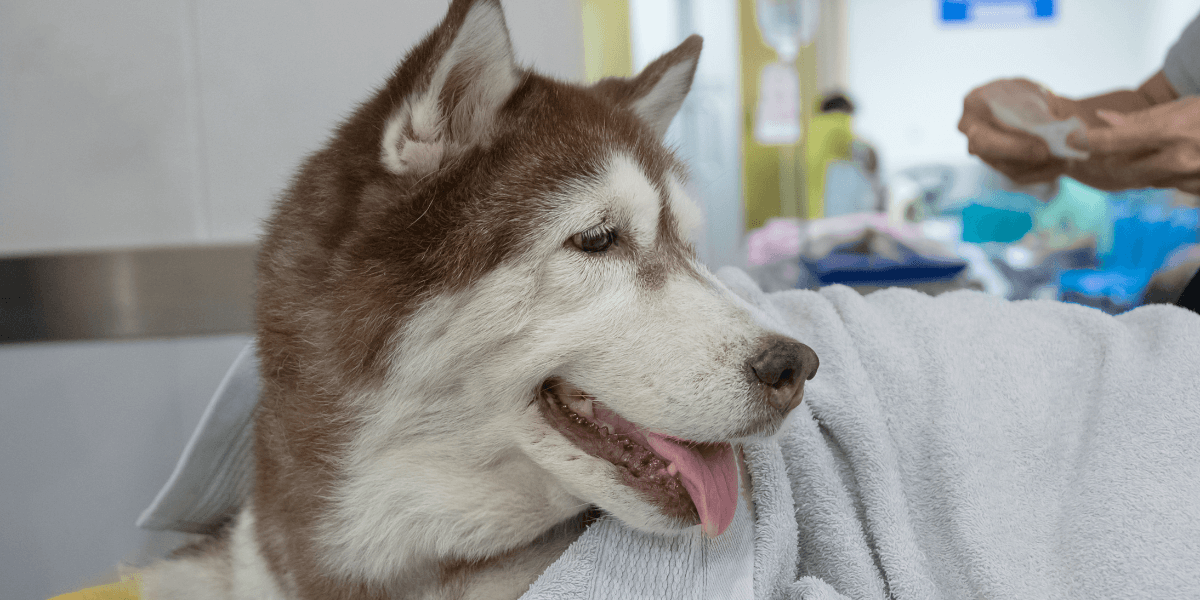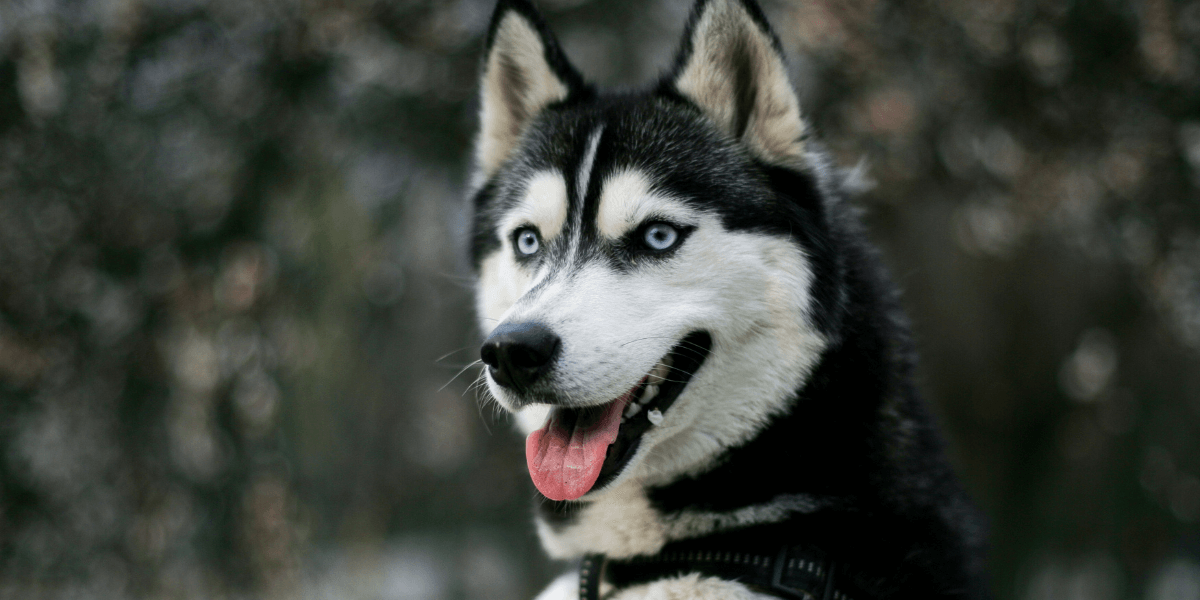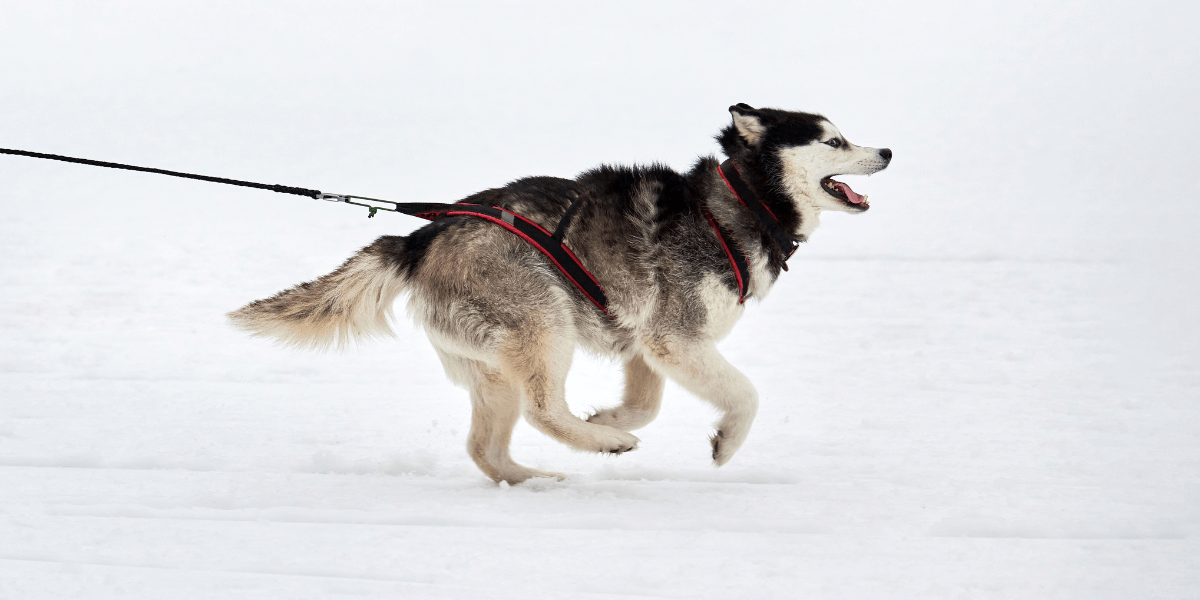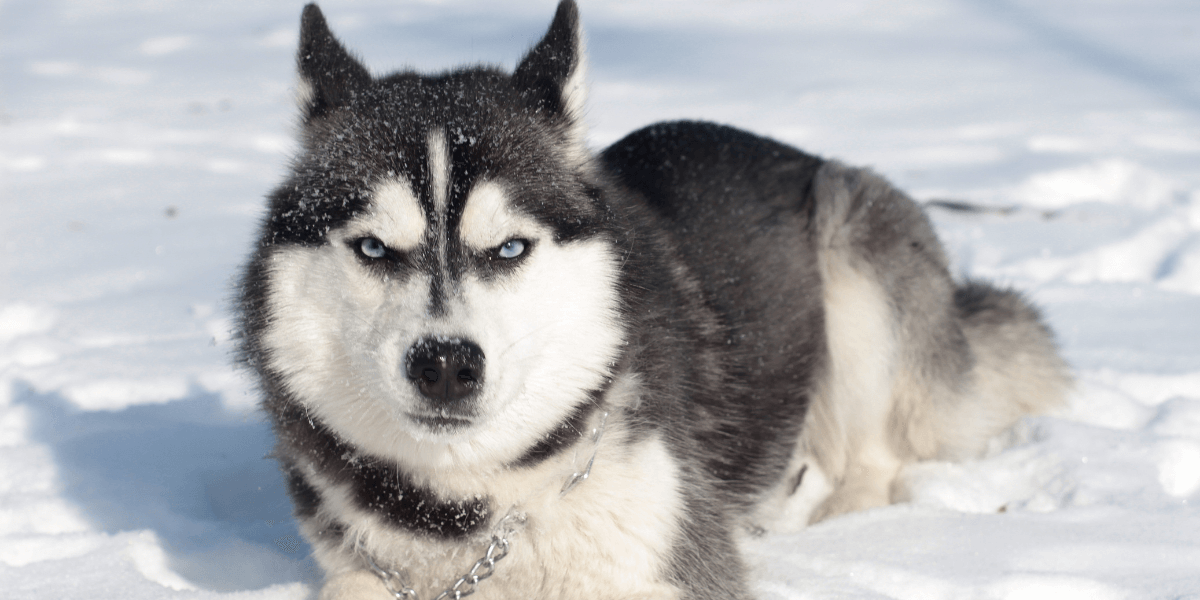Introduction
Siberian Husky owners will find key tips for care and training in this ultimate guide.
- The Siberian Husky is a captivating and energetic breed
- Known for their striking appearance and friendly nature
- They thrive in active families and require specific care
- This guide covers everything you need to know about Huskies
- From training tips to health care, we’ve got you covered
1. Breed Characteristics
- Appearance: Huskies have a thick double coat and striking blue or multicolored eyes
- Size: Males typically weigh 45-60 pounds, while females weigh 35-50 pounds
- Temperament: They are known for being friendly, energetic, and social
- Energy Level: High; they need plenty of exercise and mental stimulation
- Grooming Needs: Regular brushing is necessary due to their thick coat
- Exercise Needs: They require high levels of physical and mental activity
2. Training Tips
- Consistency: Consistent training methods work best with Huskies
- Positive Reinforcement: Use treats and praise to encourage good behavior
- Socialization: Early socialization helps them become well-rounded dogs
- Exercise Integration: Incorporate training into play to keep them engaged
- Patience: Huskies can be stubborn, so patience is key
- Avoid Punishment: Focus on positive reinforcement rather than punishment
3. Health Care
- Regular Vet Visits: Annual check-ups help monitor overall health
- Vaccinations: Keep vaccinations up to date for disease prevention
- Parasite Control: Regular treatments for fleas, ticks, and worms are essential
- Spaying/Neutering: Consider spaying or neutering to prevent health issues
- Emergency Care: Be prepared for emergencies with a vet contact list
- Dental Care: Brush their teeth regularly to maintain dental health
4. Diet and Nutrition
A balanced Siberian Husky diet ensures optimal health with proper nutrition and portion control.
- High-Quality Food: Choose a balanced, high-quality dog food for optimal health
- Portion Control: Follow feeding guidelines to avoid obesity
- Hydration: Ensure constant access to fresh, clean water
- Special Diets: Consult a vet for any specific dietary needs or allergies
- Treats: Use treats in moderation to avoid overfeeding
- Feeding Schedule: Establish a regular feeding schedule for consistency
Explore our Guide to Great Danes Nutrition for insights on optimal diets and supplements for large breeds.
5. Exercise Requirements
Siberian Huskies need regular exercise to stay healthy, happy, and energetic.
- Daily Activity: Huskies need at least 1-2 hours of exercise each day
- Varied Exercise: Incorporate walks, runs, and playtime into their routine
- Mental Stimulation: Puzzle toys and training keep their minds active
- Weather Considerations: Be mindful of their tolerance to extreme temperatures
- Social Play: Interaction with other dogs can be beneficial
- Training Integration: Incorporate exercise into training to keep them engaged
6. Grooming Needs
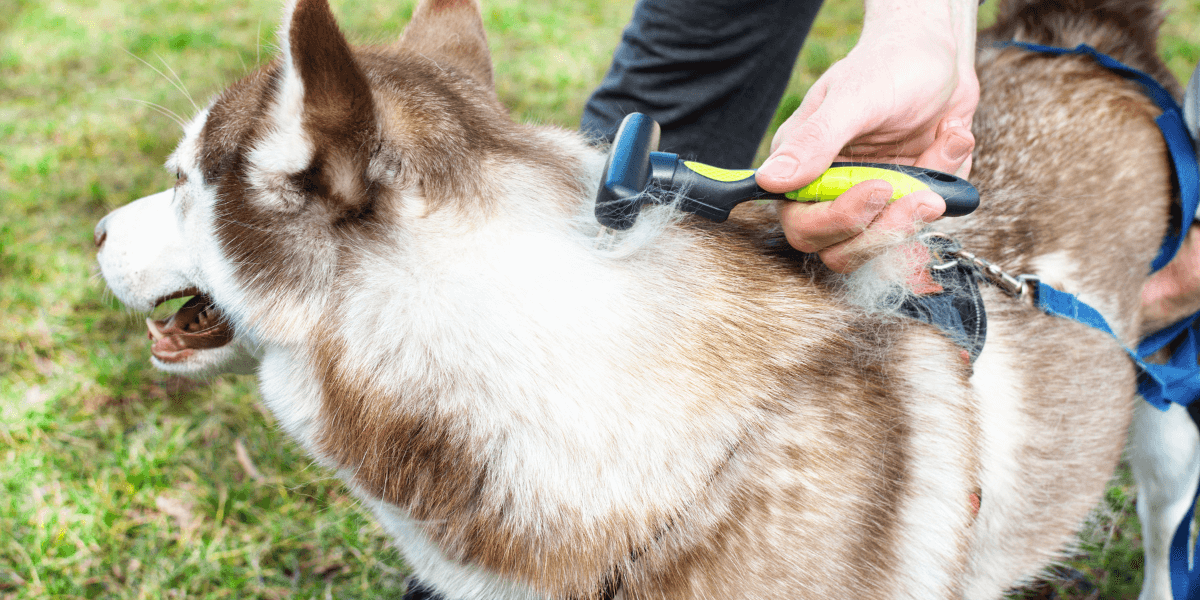
- Brushing: Regular brushing is needed to manage shedding and prevent matting
- Bathing: Only bathe them as needed to avoid stripping natural oils
- Nail Trimming: Regular nail trims prevent overgrowth and discomfort
- Ear Cleaning: Check and clean ears to prevent infections
- Dental Care: Regular brushing helps maintain dental health
- Professional Grooming: Consider professional grooming for thorough care
Discover essential Bernese Mountain Dog Grooming tips to keep your Siberian Husky's coat healthy and clean.
7. Common Health Issues
Siberian Huskies are prone to common health issues like ear infections, obesity, and hip dysplasia.
- Hip Dysplasia: A genetic condition that affects the hips
- Eye Problems: Watch for signs of progressive retinal atrophy (PRA)
- Skin Conditions: Common issues include dermatitis and zinc deficiency
- Gastric Torsion: Bloat is a serious concern; watch for symptoms
- Epilepsy: Seizures can occur; consult a vet if you notice them
- Obesity: Monitor weight and adjust diet and exercise to prevent obesity
Learn about Hip Dysplasia in Great Danes and apply similar prevention strategies for your Siberian Husky's health.
FAQs
1. How much exercise does a Siberian Husky need?
- Huskies need at least 1-2 hours of exercise daily
2. What is the best diet for a Siberian Husky?
- A high-quality, balanced dog food is ideal for Huskies
3. How often should I groom my Husky?
- Regular brushing is needed, ideally several times a week
4. What are the common health problems in Huskies?
- Hip dysplasia, eye problems, and skin conditions are common issues
5. How can I train my Husky effectively?
- Use positive reinforcement, be consistent, and include socialization
6. Can Huskies live in hot climates?
- Huskies can live in hot climates but need precautions to avoid overheating
7. What should I do if my Husky is showing signs of anxiety?
- Consult a vet for advice and consider behavioral training or calming aids
Conclusion
- Understanding your Husky's needs ensures a happy, healthy life for your pet
- Regular exercise, proper diet, and grooming are essential
- Be proactive in training and health care to prevent issues
- Share this guide to help others provide the best care for their Huskies
- Act now to give your Siberian Husky the love and care they deserve
Unlock the secrets to a happy, healthy Siberian Husky—explore this ultimate guide today!
References
For more information on The Ultimate Guide to Siberian Husky, check out:

